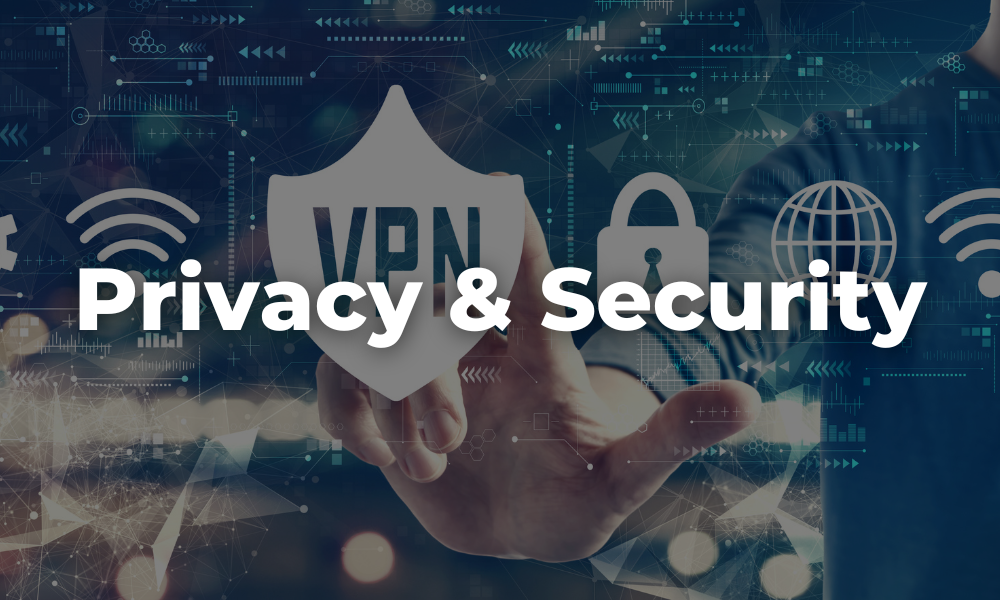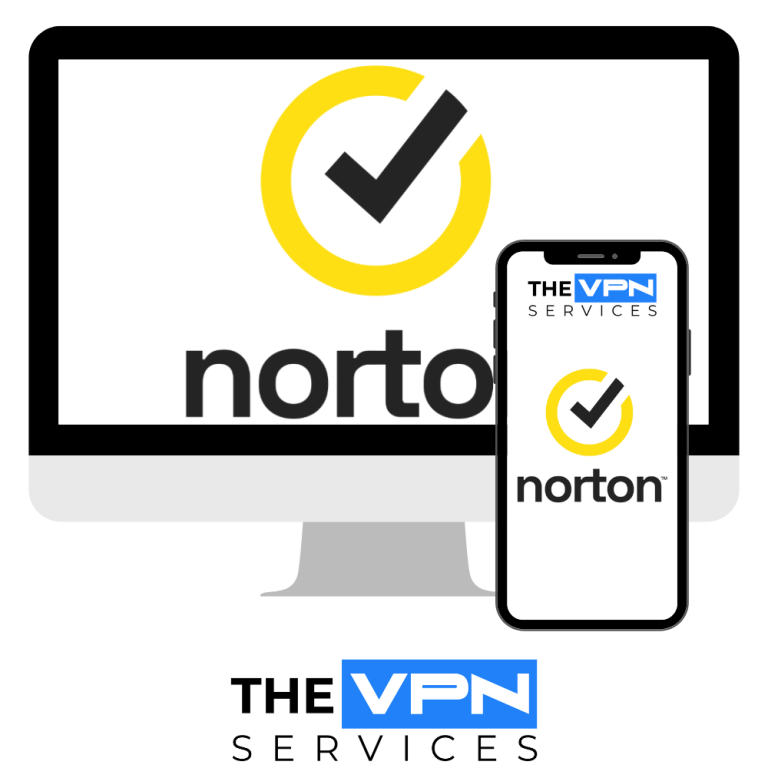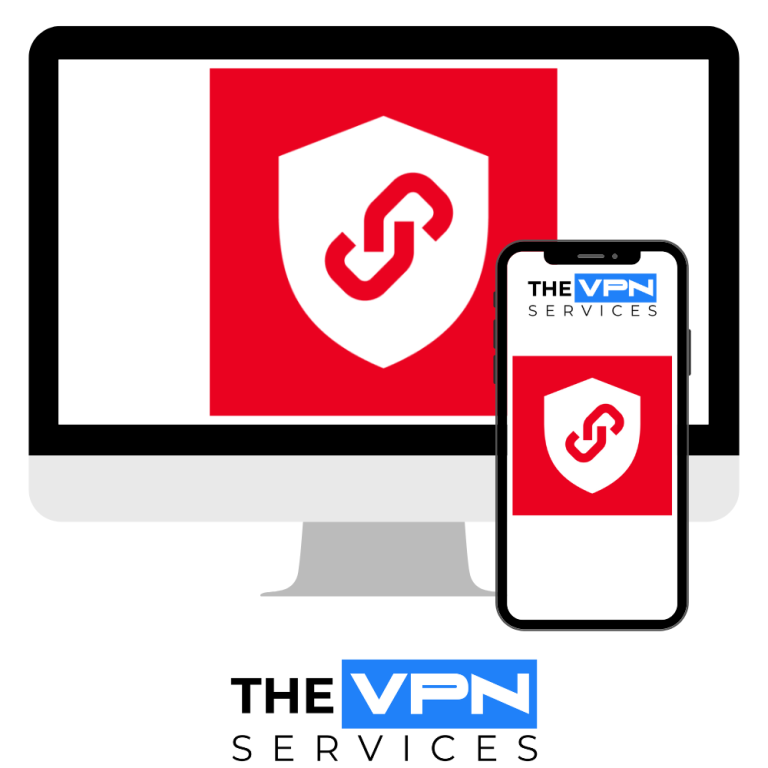The vpn services
Privacy and Security: General About VPNs
Understanding Privacy and Security with VPNs

What is a VPN?
A Virtual Private Network (VPN) is a tool designed to protect your online privacy and secure your internet connection. Essentially, a VPN creates a private, encrypted tunnel for your data to travel through, ensuring it remains inaccessible to hackers, ISPs (Internet Service Providers), and other prying eyes.
Definition of a VPN
Think of a VPN as a cloak of invisibility for your online activities. It reroutes your internet traffic through secure servers, hiding your real IP address and encrypting your data.
How VPNs Work
When you connect to a VPN, it establishes a secure link between your device and the internet. Your data is encrypted at your end, sent to the VPN server, decrypted, and then sent to its intended destination. This process ensures that your information is unreadable to anyone intercepting it.
The Importance of Privacy and Security Online
With the internet being an integral part of daily life, privacy and security are more critical than ever. Whether you’re browsing social media, making online purchases, or working remotely, safeguarding your data is paramount.
Common Online Privacy Concerns
The Role of Encryption in Online Security
Encryption is the backbone of online security. By converting your data into unreadable code, encryption ensures that even if someone intercepts your information, they can’t decipher it.
Why You Should Use a VPN
Using a VPN isn’t just for tech enthusiasts or privacy advocates; it’s for anyone who values online safety.
Protecting Personal Information
A VPN shields sensitive data, such as credit card numbers and login credentials, from potential breaches, keeping your identity safe.
Enhancing Security on Public Wi-Fi
Public Wi-Fi hotspots, while convenient, are notorious for being insecure. A VPN encrypts your connection, protecting you from malicious actors on these networks.
Avoiding Geo-restrictions and Censorship
VPNs allow you to bypass content restrictions imposed by countries, workplaces, or streaming platforms, granting you access to the internet without barriers.
Key Features of a Reliable VPN
Not all VPNs are created equal, and choosing the right one is essential for optimal privacy and security.
Strong Encryption Standards
Look for VPNs with AES-256 encryption—the gold standard in online security.
No-Logs Policy
A no-logs policy ensures the VPN provider doesn’t store your browsing data, enhancing privacy.
Multiple Server Locations
A wide selection of servers gives you flexibility in choosing your virtual location and accessing global content.
Types of VPNs
VPNs cater to a variety of users and needs.
Personal VPNs
Ideal for individual users who want to secure their internet activities and bypass restrictions.
Business VPNs
Designed for companies to ensure secure communication and data sharing among employees.
Free vs. Paid VPNs
While free VPNs may seem appealing, they often come with limitations like slower speeds, data caps, and questionable privacy policies. Paid VPNs offer robust features and better security guarantees.


